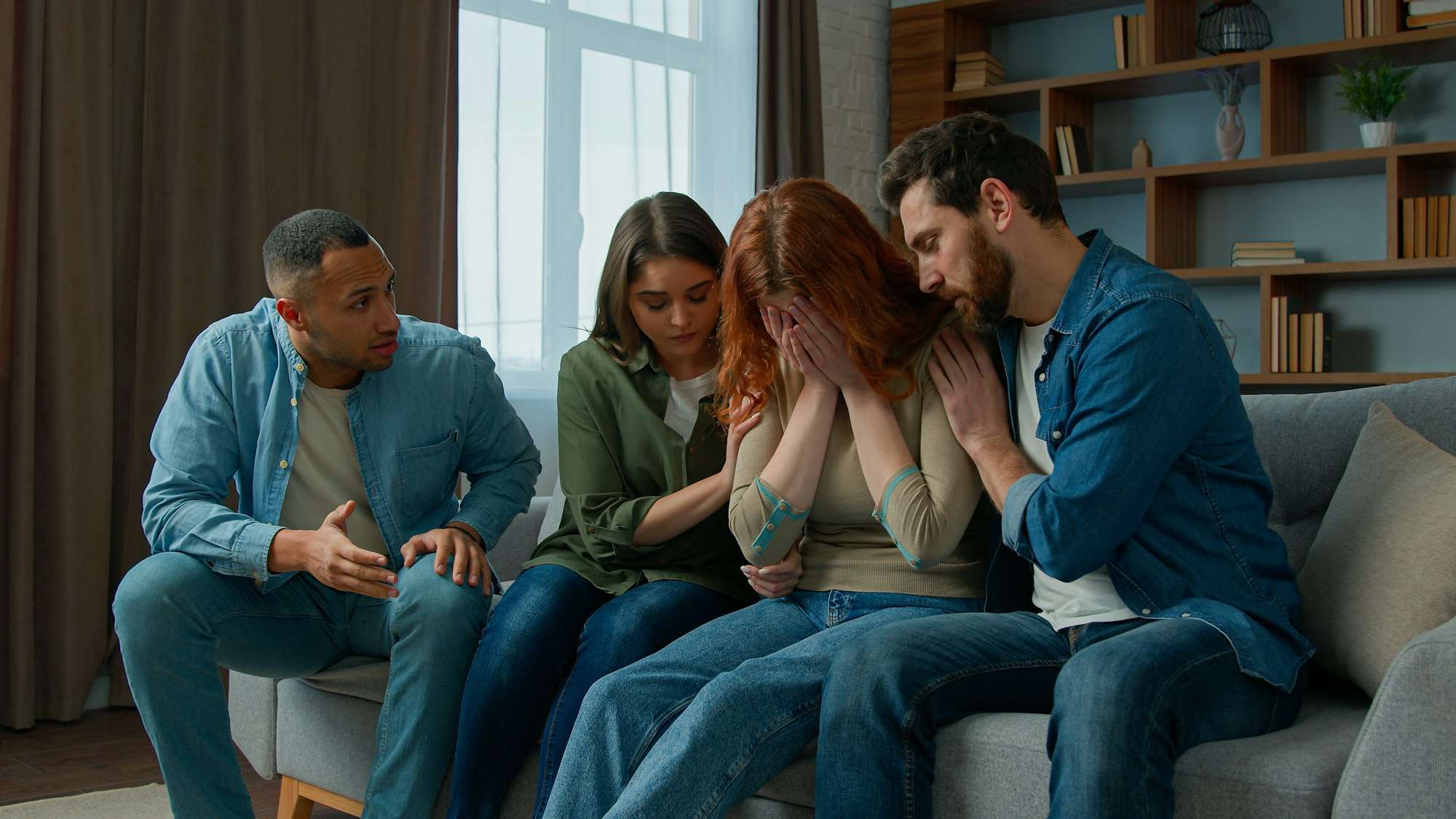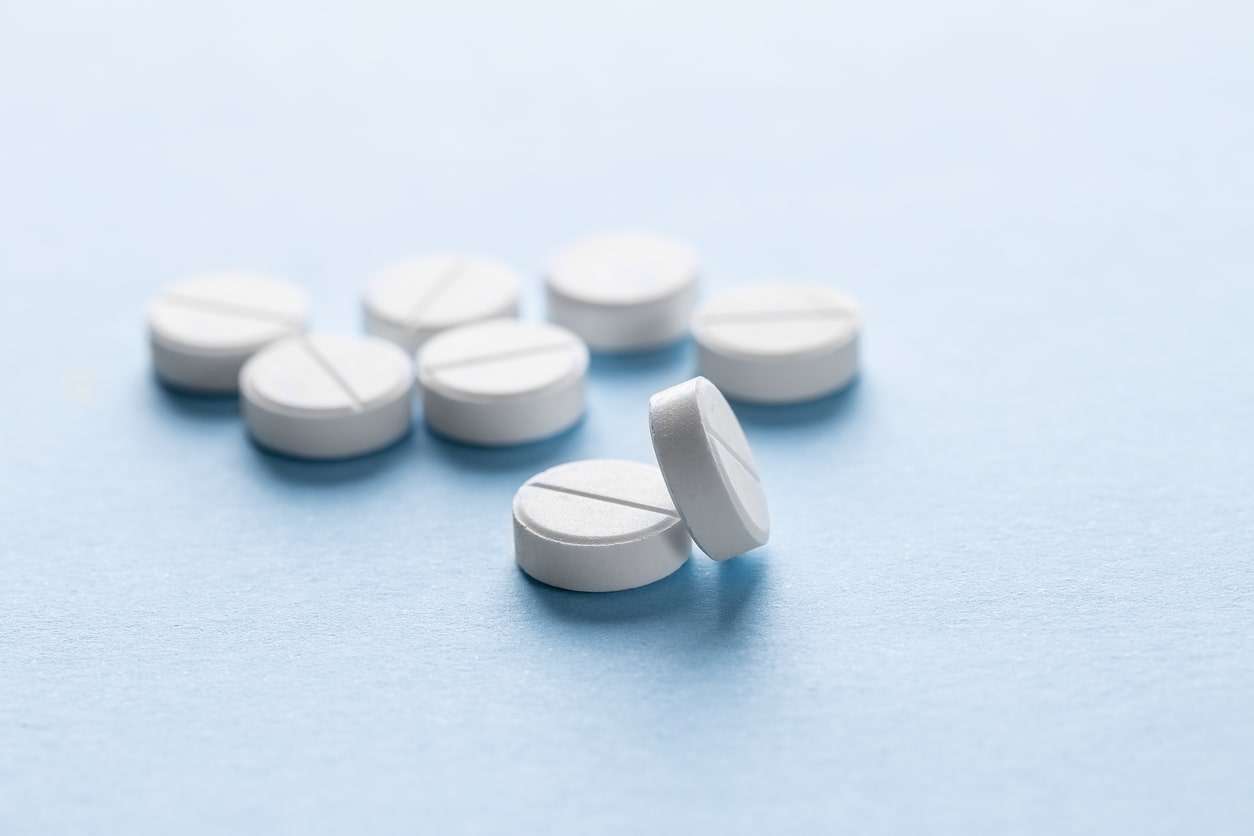At Detox ATL, we provide compassionate support to those navigating the complex journey of detoxification and recovery. Regardless of what type of substance you or your loved one has been struggling with, we are available to help you get started on the road to recovery.
Seroquel, known scientifically as quetiapine, is a medication widely used in the treatment of psychiatric conditions, but its discontinuation can lead to challenging withdrawal symptoms. This article aims to shed light on Seroquel, its uses, the detox process, withdrawal symptoms, treatment options, and the timeline one can expect during withdrawal. Our goal is to empower you with the support you need as you or your loved ones embark on this journey toward recovery. Contact us today to learn more about drug detox in Atlanta, Georgia.
What is Seroquel?
Seroquel (quetiapine) is an antipsychotic medication primarily used to treat mental health conditions such as schizophrenia, bipolar disorder, and major depressive disorder. It works by altering the actions of chemicals in the brain, helping to restore the balance of certain neurotransmitters, which can significantly improve symptoms like hallucinations, mood swings, and depression. While Seroquel can be highly effective in managing these conditions, it’s crucial for users and their caregivers to be aware of the potential for dependence and withdrawal symptoms upon cessation.
Is Seroquel Addictive?
Despite its effectiveness in managing mental health conditions, concerns about Seroquel and its potential for addiction have been raised. Seroquel is not classified as a controlled substance, and its potential for abuse is considered lower compared to other psychoactive drugs. However, there have been reports of misuse and addiction, particularly when used in ways not prescribed by a healthcare professional.
Addiction can manifest through a psychological dependence on the drug, where individuals may begin to rely on it to manage stress, sleep, or other conditions beyond its intended use. While physical dependence is less common with Seroquel than with substances like opioids or benzodiazepines, discontinuing its use abruptly after long-term administration can lead to withdrawal symptoms, indicating a form of dependence. Therefore, it’s crucial for Seroquel to be prescribed and monitored by a healthcare provider, ensuring its use is safe and effective for the patient.
Seroquel Detox
Detoxification from Seroquel involves gradually reducing the dosage of the medication under medical supervision to minimize withdrawal symptoms. This process allows the body to adjust to the absence of the drug safely. Seroquel detox should always be overseen by a healthcare professional, as abrupt discontinuation or incorrect tapering can lead to severe withdrawal symptoms and health risks.
Is Detoxing From Seroquel Safe?
Detoxifying from Seroquel, particularly after long-term or high-dose use, can be challenging and may present risks if not properly managed. Seroquel detox is not typically considered dangerous in the same way that detox from substances like alcohol or benzodiazepines can be. However, abruptly stopping Seroquel can lead to withdrawal symptoms such as insomnia, nausea, vomiting, and a return of the symptoms of the mental health condition it was treating, such as psychosis or mania.
In rare cases, severe symptoms like psychotic episodes could pose significant risks. Therefore, a medically supervised detox process is strongly recommended. This approach allows for a gradual reduction in dosage, minimizing withdrawal symptoms and ensuring the individual’s safety and comfort. Medical professionals can also provide support and interventions to address any emerging symptoms, making the detox process as safe and effective as possible.
Withdrawal Symptoms
Individuals discontinuing Seroquel may experience a range of withdrawal symptoms, which can vary in severity and duration depending on the duration of use, dosage, and individual health factors.
Common withdrawal symptoms include:
- Insomnia or changes in sleep patterns
- Nausea and vomiting
- Significant mood swings or worsening of psychiatric symptoms
- Irritability and agitation
- Headaches and dizziness
- Sweating and hot flashes
Withdrawal Timeline
The timeline for Seroquel withdrawal can vary widely. Symptoms may begin within a few days of the last dose and can last from several weeks to a few months. The initial acute phase typically lasts for about 1-2 weeks, with symptoms gradually decreasing in intensity. Some individuals may experience prolonged withdrawal symptoms, known as Post-Acute Withdrawal Syndrome (PAWS), which can last for months.
Treatment Options
Managing Seroquel withdrawal requires a multifaceted approach, including:
- Medical Supervision: Healthcare professionals can provide a gradual tapering schedule and monitor symptoms.
- Supportive Care: Counseling, support groups, and therapy can address emotional and psychological challenges.
- Symptom Management: Medications and therapies may be used to alleviate specific withdrawal symptoms like nausea or insomnia.
After Seroquel Detox
Following the initial phase of detoxification from substances, individuals often progress through various levels of care tailored to their specific needs and recovery stage. This continuum of care ensures a structured support system, aimed at long-term recovery and minimizing the risk of relapse.
- Residential/Inpatient Treatment: Provides 24-hour care including medical monitoring, therapy, and support in a structured environment.
- Partial Hospitalization Program (PHP): Offers a structured treatment program during the day, allowing individuals to return home at night.
- Intensive Outpatient Program (IOP): Allows for a more flexible schedule, providing intensive therapy sessions and support groups while individuals live at home.
- Outpatient Treatment: Involves less frequent therapy sessions, enabling individuals to work or attend school while receiving ongoing treatment.
- Aftercare and Support Groups: Includes 12-step programs, alumni networks, and other community support systems to maintain long-term sobriety and prevent relapse.
Learn More About Seroquel Detox Near You
Detoxing from Seroquel is a significant step on the path to recovery, but it’s a journey you don’t have to undertake alone. At Detox ATL, we understand the complexities of withdrawal and are here to provide the support and resources you need. If you or someone you love is facing the challenge of Seroquel withdrawal, we encourage you to reach out for professional help. With the right support and treatment plan, recovery is within reach. Remember, taking the first step towards getting help is a sign of strength. Call us now at 470-828-2226 or verify your insurance to learn more about how we can support you through this process.






